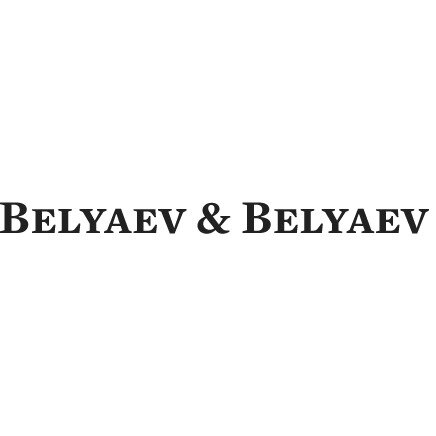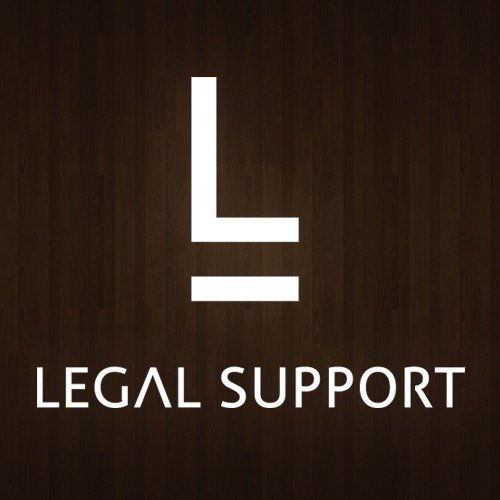Best Debt & Collection Lawyers in Latvia
Share your needs with us, get contacted by law firms.
Free. Takes 2 min.
Or refine your search by selecting a city:
List of the best lawyers in Latvia
About Debt & Collection Law in Latvia
Debt & Collection law in Latvia is a critical area of legal practice that governs the process of recovering debts owed by individuals or businesses. This field covers a range of activities, including the issuing of reminders to debtors, negotiating repayment terms, and proceeding with legal action if necessary. The legal framework in Latvia is designed to protect both creditors and debtors, ensuring fair practices and compliance with international standards.
Why You May Need a Lawyer
There are several scenarios where individuals or businesses may require legal assistance in debt and collection matters. Common reasons include disputes over the validity of debts, issues with repayment terms, or facing aggressive collection tactics. Additionally, creditors may seek legal advice to ensure compliance with legal procedures or when pursuing debts internationally. In such situations, a lawyer specializing in this area can provide guidance, representation, and help to navigate complex legal processes.
Local Laws Overview
Latvia's legal system for debt and collection primarily falls under civil law. Some of the key aspects include:
- Enforcement Procedures: Legal proceedings for debt recovery are governed by enforced debt collection procedures, which require judgements or orders for payment.
- Consumer Protection Laws: These laws safeguard individuals from unfair debt collection practices, ensuring that collection efforts are reasonable and transparent.
- Statute of Limitations: In Latvia, the statute of limitations for most debts is usually 10 years, but can vary depending on the nature of the debt.
- Credit Information Registration: Regulations exist regarding the recording and use of personal credit information with credit bureaus.
Frequently Asked Questions
What should I do if I receive a debt collection notice?
First, verify the legitimacy of the notice, and check that the information aligns with your records. Consult a lawyer if you have any doubts, especially if you believe the debt is not yours or the amount is incorrect.
What are my rights if I am unable to pay a debt?
Debtors have rights under Latvian law, including the right to negotiate repayment terms. It's important to communicate proactively with creditors or seek legal advice if repayment difficulties arise.
Can I be taken to court over unpaid debts?
Yes, creditors can initiate legal proceedings for debt recovery. If you receive a court summons, it's advisable to consult a lawyer to understand your legal position and potential defenses.
How can I verify if a debt collection agency is legitimate?
Check if the agency is registered with the appropriate authorities and has a valid operating license. You can also consult with a lawyer for assurance.
Is there a way to dispute a debt claim?
Yes, debt claims can be disputed through legal processes. A lawyer can assist you in identifying the grounds for dispute and navigating the necessary procedures.
How long does a debt remain on my credit record?
In Latvia, debts are typically recorded for a set period, often up to 10 years. However, this can vary depending on specific circumstances and the nature of the debt.
What legal actions can creditors take to recover a debt?
Creditors may issue payment reminders, negotiate repayment plans, or initiate court proceedings. After obtaining a judgment, they may proceed with enforced collection measures.
Can a lawyer help me negotiate a debt settlement?
Yes, lawyers can negotiate on your behalf to reach a favorable settlement. They can help understand your position and communicate effectively with creditors.
What happens if a debtor cannot be located?
A collection agency or creditor may hire tracing agents or use available databases to locate the debtor. Legal proceedings can continue even in the absence of the debtor but may require additional measures.
Are there any fees involved in hiring a debt collection lawyer?
Yes, hiring a lawyer typically involves fees which may vary based on the complexity of the case and the lawyer's experience. Some lawyers may offer initial consultations for free or at a reduced rate.
Additional Resources
For legal advice or assistance with debt and collection in Latvia, consider reaching out to:
- Latvian Bar Association - Offers a directory of qualified lawyers.
- Consumer Rights Protection Centre - Provides information on consumer rights related to debt issues.
- Credit Information Bureau - Manages credit histories and can offer advice on credit reporting issues.
Next Steps
If you find yourself needing legal assistance in debt and collection in Latvia, the first step is to gather all relevant documents and evidence. Seek an initial consultation with a specialized lawyer to discuss your case. Be proactive in communicating with your legal representative, and follow their advice closely for the best outcome.
Lawzana helps you find the best lawyers and law firms in Latvia through a curated and pre-screened list of qualified legal professionals. Our platform offers rankings and detailed profiles of attorneys and law firms, allowing you to compare based on practice areas, including Debt & Collection, experience, and client feedback.
Each profile includes a description of the firm's areas of practice, client reviews, team members and partners, year of establishment, spoken languages, office locations, contact information, social media presence, and any published articles or resources. Most firms on our platform speak English and are experienced in both local and international legal matters.
Get a quote from top-rated law firms in Latvia — quickly, securely, and without unnecessary hassle.
Disclaimer:
The information provided on this page is for general informational purposes only and does not constitute legal advice. While we strive to ensure the accuracy and relevance of the content, legal information may change over time, and interpretations of the law can vary. You should always consult with a qualified legal professional for advice specific to your situation.
We disclaim all liability for actions taken or not taken based on the content of this page. If you believe any information is incorrect or outdated, please contact us, and we will review and update it where appropriate.
Browse debt & collection law firms by city in Latvia
Refine your search by selecting a city.













